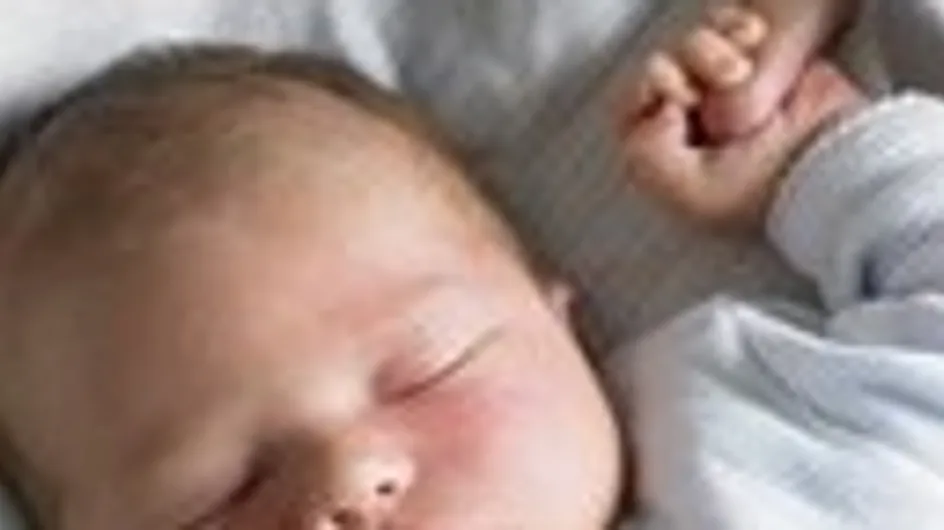During the first month of life, baby:
-Weighs around 4kg and is 52cm long.
-Puts on around 30g a day (for the first three months).
-Raises his/her head occasionally, and can sit up when held.
-Reacts to noise, and follows brightly-coloured objects with his/her eyes.
-Reacts to heat and cold.
-Feeds on milk only (550-650ml), preferably breast milk, for the first weeks (if you don't want to breastfeed your child, use infant formula).
-Expresses feelings through crying.
-Sometimes makes guttural noises.
-Starts to smile.
Health visits and check ups
In addition to the tests and check-ups carried out on newborn babies (see After the birth), the Guthrie or heel-prick test will usually be carried out within the first five days of your baby's life to test for rare but serious conditions such as sickle cell disease and cystic fibrosis. The pre-school vaccination programme usually begins at 2 months old.
Newborns are generally immunised against infections because they still have antibodies from their mother, but see a doctor immediately if you sense something is not normal (vomiting, fever, pallor, diarrhoea or cries of pain). Remember to take your child's health record with you if you go away anywhere.
Sleep is essential for growth
The average newborn sleeps for 19 hours a day for the first few weeks. Sleep is vital for growth and development of a baby's brain, because the hormone responsible for growth is produced during sleep. Your baby isn't yet old enough to tell the difference between day and night, so during the first few weeks his or her sleep pattern will be irregular. Babies adapt to the 24-hour clock at around 4 weeks. It's important not to wake your baby for changes, feeds or to check everything is OK. You are strongly advised to put your baby to sleep on his or her back without a blanket, in a Grobag baby sleeping bag or hugger, and keep room temperature at a constant 19°C. For more information, see our article on putting baby to bed.
Feeding: breast milk or infant formula?
To give your baby the best start in life, it's best to breastfeed for the first few weeks at least. Colostrum (your first milk) and breast milk in general has huge benefits for newborn babies' immune and digestive systems. Whether you choose breast or artificial milk, your baby should lead the way and be fed on demand. Your baby will also need feeding at night. See our article on breastfeeding for more information.
Baby's senses
Your baby can recognise you; even in the womb, he or she can recognise your voice and feel your presence. From birth onwards, baby can see you (though vision will still be blurred) and smell your smell. Babies are particularly sensitive to their mother's presence, touch and voice. You will awaken your baby's senses and introduce him/her to the world. From the age of three weeks, babies start exploring their environment, paying attention to bright colours and objects that move.













